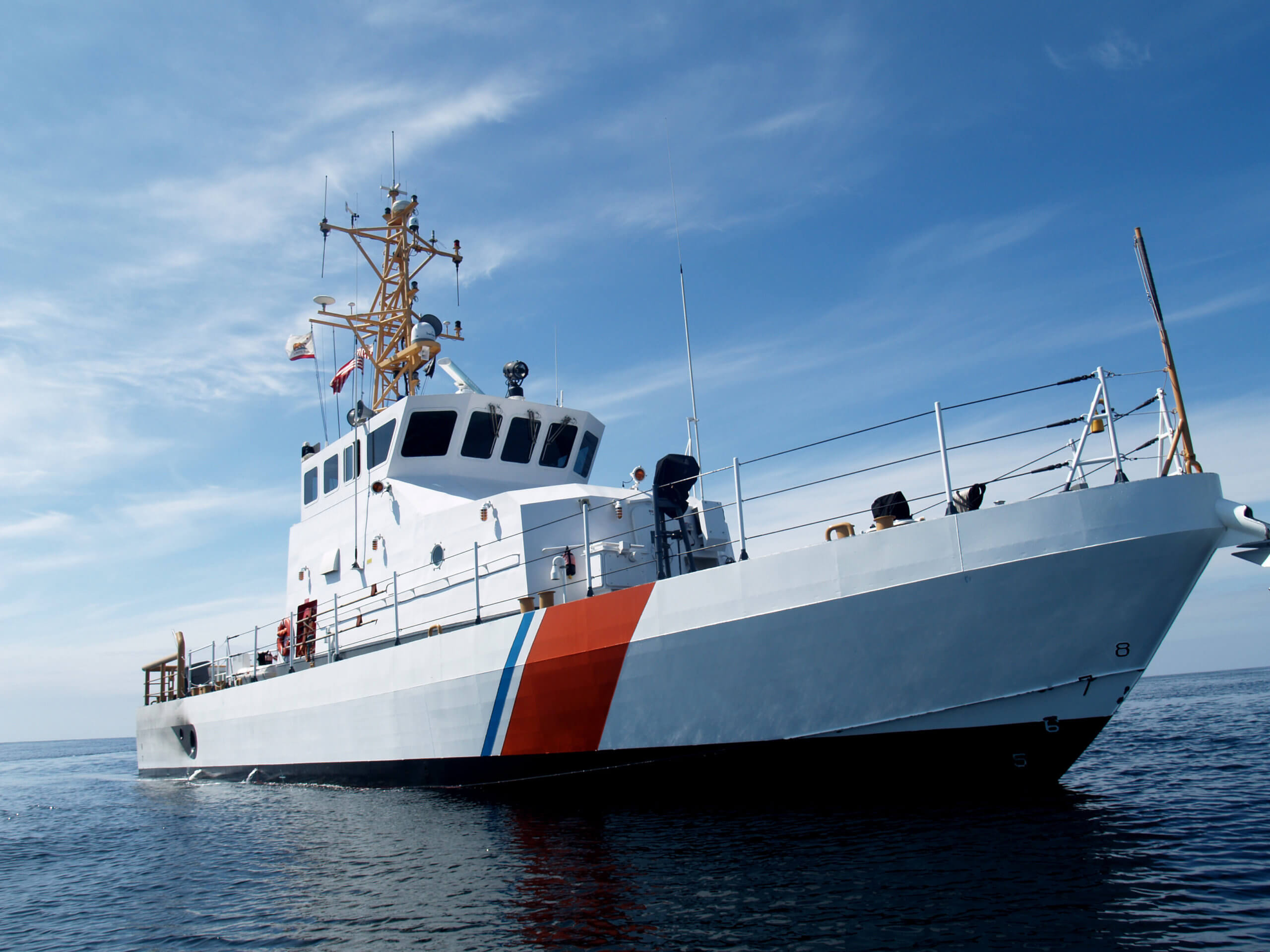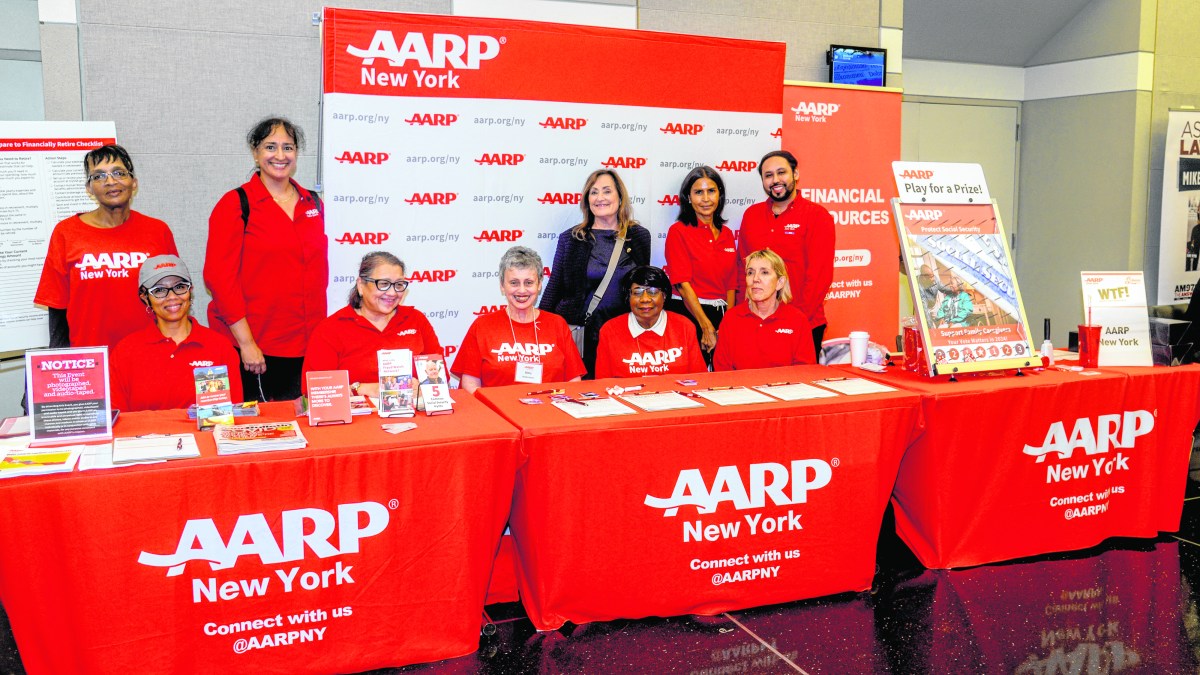Prevention Of Collision At Sea, Part X

While it would seem intuitive that vessels engaged in certain activities or sizes would have a certain priority that fold nicely into the concept of stand-on and give-way, it is far more complicated than just the big boat rule, being big boats rule!
Under the International Regulations for Preventing Collisions at Sea (COLOREGS) Rule 18, and then expanded with respect to lights and day shapes by rules 23 to 28, the priority of vessels in sight of each other is:
NUC — Not Under Command. Due to mechanical or allied reasons, this vessel cannot control itself nor maneuver. The shape/light sequence is ball-over-ball/red-over-red (“red over red, the captain is dead!”) All vessels must give way to this vessel.
RAM — Restricted in Ability to Maneuver. By the nature of its work, this vessel just can’t maneuver well. A dredger, for example, can’t get her gear up to get out of your way, stand-on, or give-way. The shape/light sequence is ball-over-diamond-over-ball/red-over-white-over-red. These two classes are often categorized as equal in priority. With that said, if a NUC is drifting down on a RAM, at least the RAM has the option to try to get her gear up.
CBD —Constrained by Draft. Surprisingly, this is not an inland designation, where draft may matter more often. In any event, you can’t force this vessel out of its channel since that would cause a collision at sea with the bottom! The shape/light sequence is a cylinder/red-over-red-over-red.
Engaged in Fishing. This isn’t your neighbor in his Grady-White with a Penn reel in hand. This is a working vessel, trawling lines or nets. The light sequence depends on whether they are fishing or trawling. The shape is constant: two inverted cones, tip to tip. If she is fishing, the light sequence is red-over-white (red-over-white, we be fishin’ tonight.) If she is trawling, the light sequence is green-over-white (green-over-white, we be shrimpin’ tonight.)
Sailing Vessel. Not a sailing vessel with her engine on. That just makes her a funny looking power-driven vessel.
Since a very small percentage of boaters are familiar with the lights and shapes, the skipper of such vessels as those in NUC, RAM, CBD, and engaged-in-fishing classes had better be familiar with five or more short blasts. Countervailing this, the vessel claiming any of these privileges must display the shape or lights appropriate and, if they don’t, it will weigh against them in court. However, remember that it is never 100-0 when the court renders its apportionment of blame.
How does Rule 18 interact with Rule 13? Rule 13 dominates, subject to the facts. What does that mean? Well, assume that you are drift fishing in your power-driven vessel in Moriches Bay and a sailing vessel overtakes you. Despite Rule 18’s priority of order, the sailing vessel clearly is the give-way vessel in this case.
However, if you see a NUC drifting down on your stern, get out of its way. “Red-over-red, the captain is dead” — they can’t maneuver around you!
If interested in being part of United States Coast Guard Forces, email joinUSGAux@aol.com.



